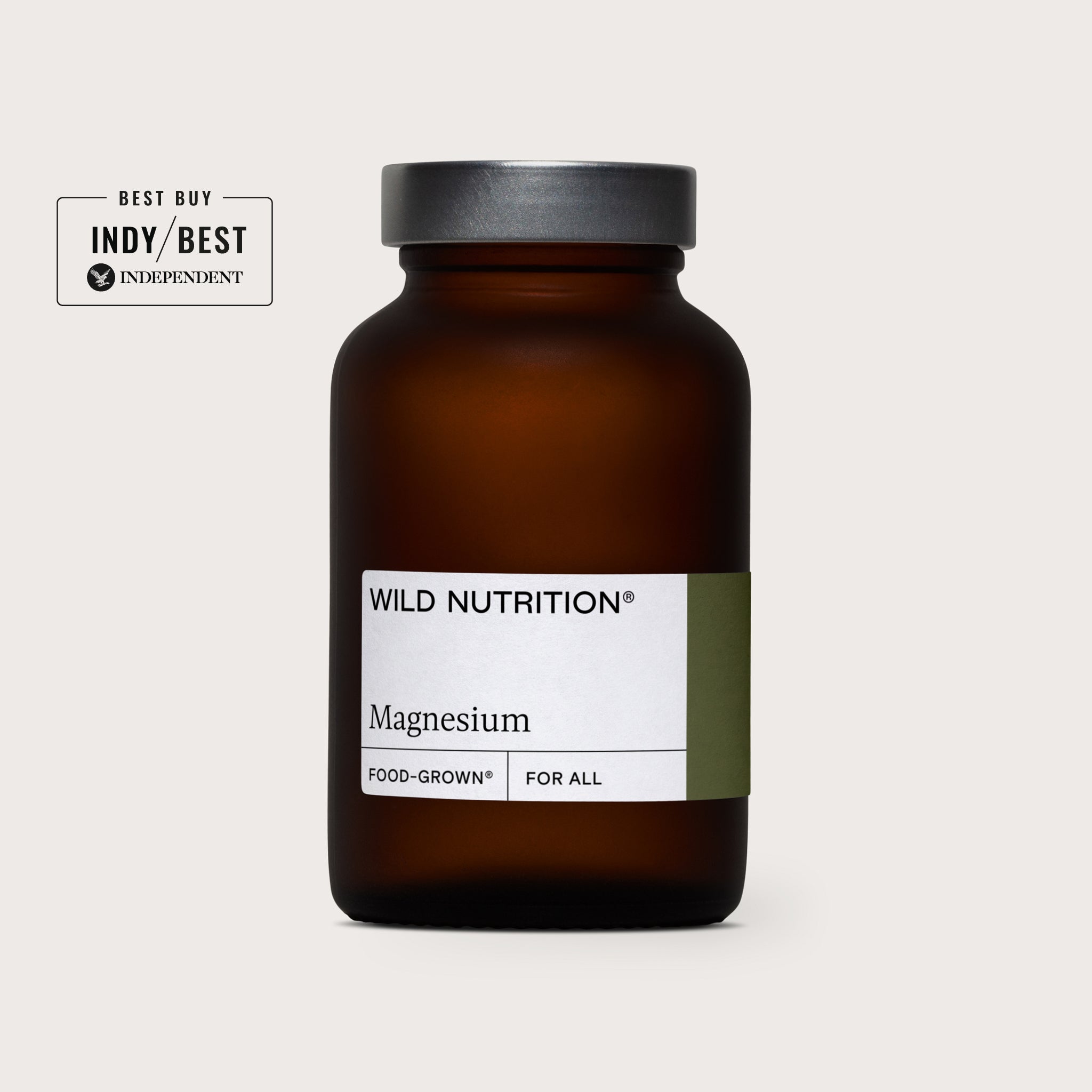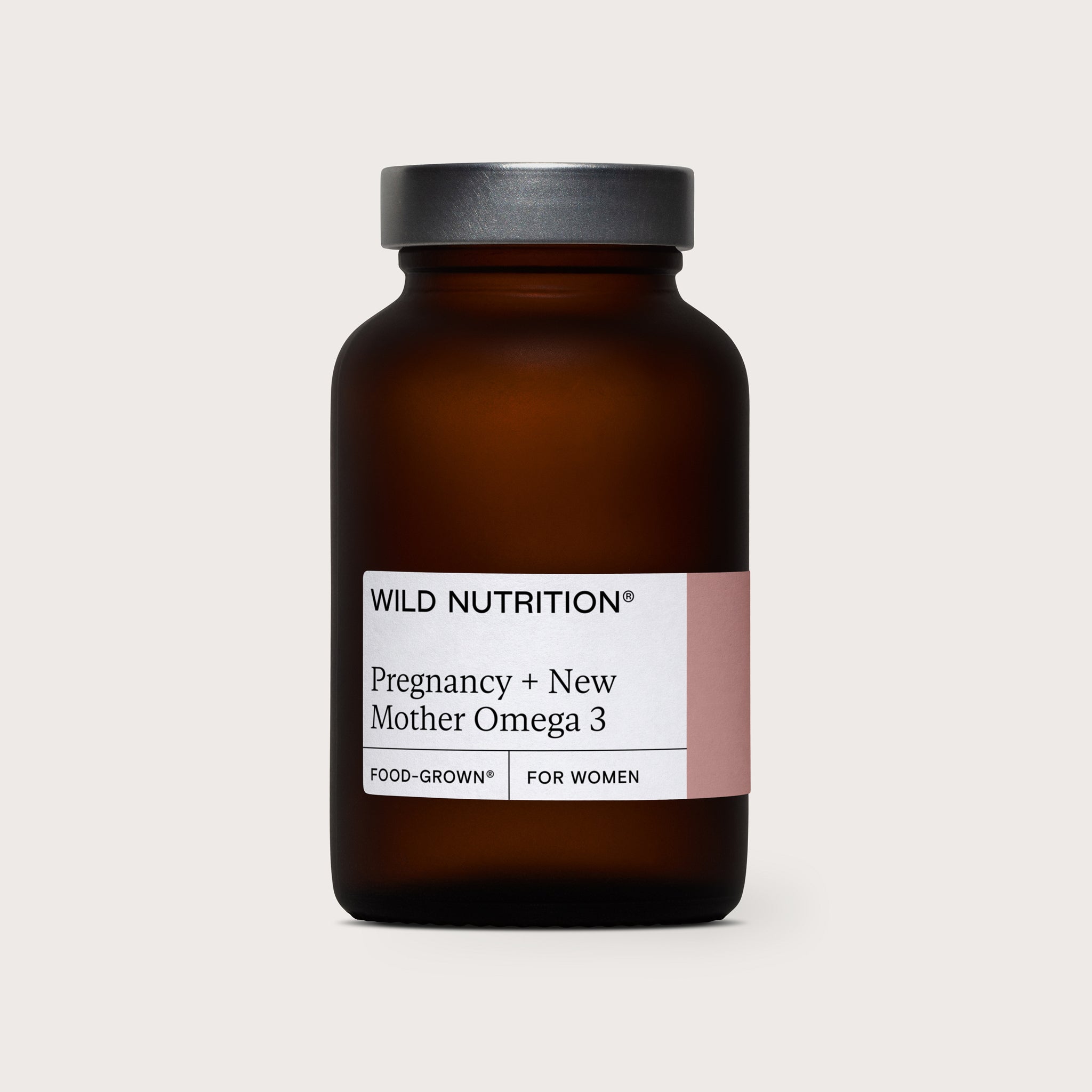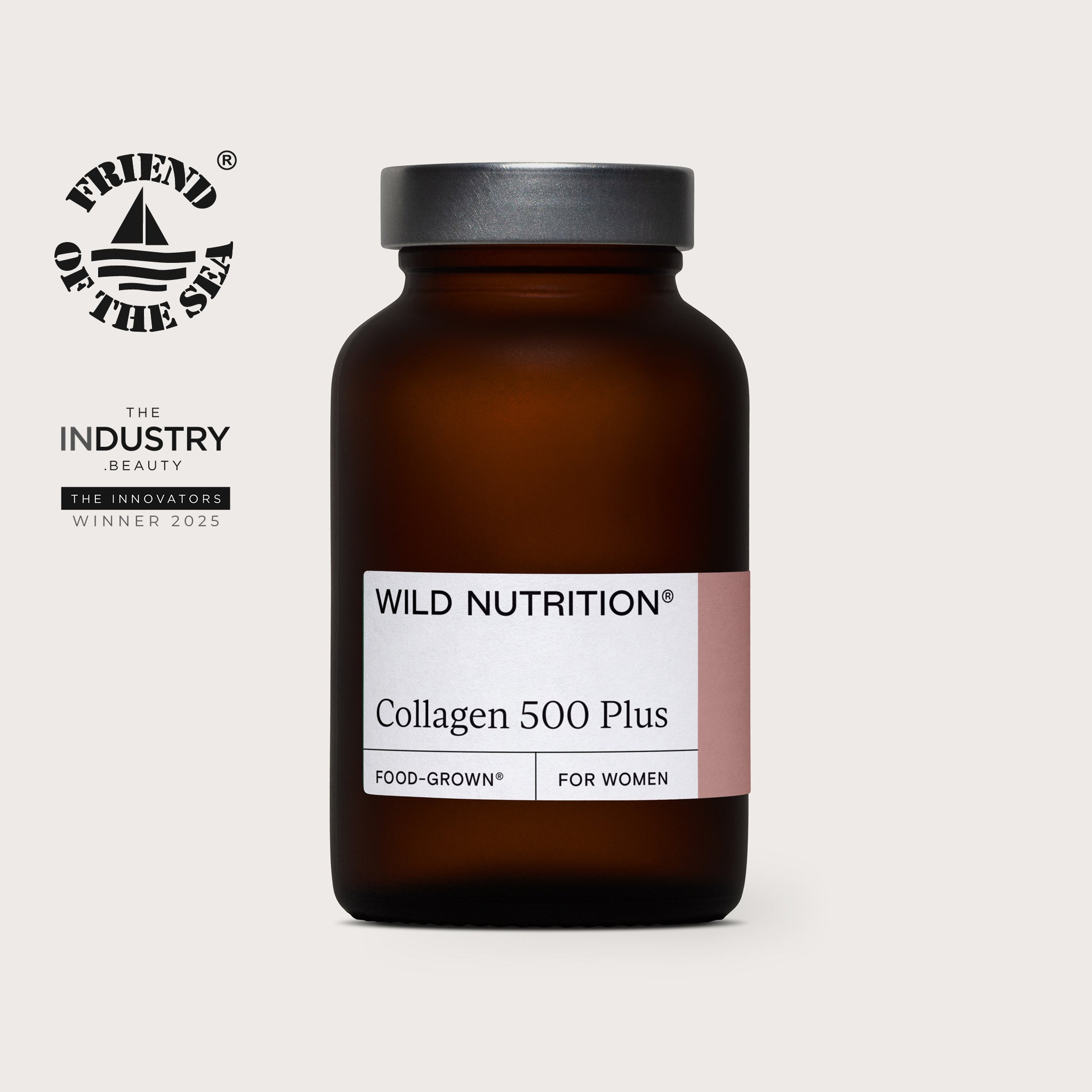
Endometriosis Part 1: Nutrient deficiencies
Endometriosis is a complex disorder of the female reproductive tract whereby cells, similar to those found in the lining of the womb, are found elsewhere in the body. During the female monthly cycle the fluctuation in hormones stimulates these cells to grow, then break down and bleed as they would in the lining of the womb leading to inflammation, pain, and the formation of scar tissue.
It has been estimated that approximately 10-15% of all premenopausal women have endometriosis but despite being one of the most common gynaecological diseases, how endometriosis occurs remains controversial. One of the most supported theories is that endometriosis is fuelled by a dominance of the hormone oestrogen, however growing research suggests that there is an auto-immune aspect to the condition.
In the first of my blogs on this complex subject, I am going to discuss the link between Endometriosis and nutrient deficiencies.
So what is the link between nutrition deficiencies and endometriosis?
Nutrient deficiencies come about as a result of not enough food or too much of the wrong food. All systems in the body, both mental and physical, require vitamins and minerals. Our entire being, therefore, is affected by a lack of nutrients – both physiologically and psychologically. Being low in nutrients does not necessarily equal a diet based on fast food and fizzy drinks. Sometimes it can be that we are eating well but not well enough to provide the specific nutrients we need to heal from a specific condition.
The 2010 ‘Towards a Healthier Britain 2010’ report found that as many as 50 per cent of adults were deficient in key nutrients. The researchers revealed that a quarter of women have inadequate intakes of iron and more than 50 per cent lack the antioxidants selenium and magnesium. Antioxidant nutrients are needed to prevent damage to key body cells and their factories. If the antioxidant protection drops because of poor supply, damage to cells can be irretrievable and vital functions such as the hormonal and the detoxification systems can be severely compromised.
Zinc and Magnesium are used up in abundant amounts during states of physical and mental stress; as endometriosis is a state of physical stress, the demand for these nutrients is even greater than normal. During particularly stressful times and during menstruation, women can lose up to half their Magnesium supply. Women with endometriosis often suffer from heavy bleeding during their period and this significantly reduces stores of the mineral iron. Without adequate iron stores, neurotransmitter function can be compromised and can lead to problems in concentration and general mental acumen, listlessness, low moods, and fatigue can develop. In other words, it is essential to replenish our nutrients through food and, where necessary, supplements, as the demand for nutrients is high for our body to manage endometriosis effectively.
The current state of food production can mean that nutrient deficiencies are common for everyone. Large-scale agriculture and synthetic fertilisers are responsible for a drop in the mineral content of our soil. This view is shared by countless health and environmental experts. Food production has been speeded up and food quality has deteriorated as a result. We no longer ‘raise’ cows, pigs, chickens; instead, we fatten them up for the market shelves. The focus of the mass market is now on quantity not quality and we can become overweight, undernourished or unwell in the process.
We are also consuming considerably more ‘anti-nutrients’ in our western existence. Anti-nutrient foods and products are those that actually use up more energy and nutrients from the body than they provide. Such foods and other forms of anti-nutrients include alcohol, sugar, caffeine, smoking, environmental chemicals, heavy metals and medication. Many of today’s diseases are caused as much by an excess of anti-nutrients as by a deficiency of nutrients. These not only fail to contribute worthy nutrients, but our body also needs to use high amounts of important antioxidant nutrients just to deal with them. When the supply of anti-nutrients outweighs our store of nutrients, inflammation begins and endometriosis can progress.
Regardless of the causative factors, research continues to prove that nutrition is a fundamental aspect of the management of endometriosis. Managing endometriosis through diet and lifestyle supports the whole body, in particular the immune and endocrine systems. By doing so, inflammation and hormonal imbalance, as a result of, endometriosis can be supported and brought back into equilibrium.
For more on the causative factors behind Endometriosis, check out part 2 of this series'Endometriosis Part 2: The link to sugar.'












